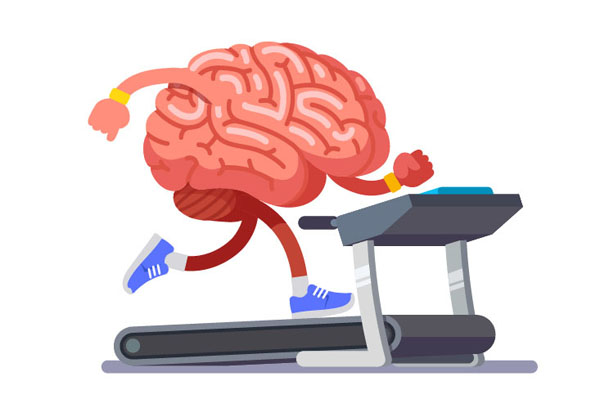 Transcranial magnetic stimulation, or TMS, is a brain stimulation therapy that treats mental health problems like depression and severe anxiety. Mental health practitioners recommend the treatment when more traditional approaches fall short. They might suggest this treatment to patients who show little improvement after trying and exhausting more conservative treatment options. Find out what TMS is, how the treatment works, and what to expect from the therapy.
Transcranial magnetic stimulation, or TMS, is a brain stimulation therapy that treats mental health problems like depression and severe anxiety. Mental health practitioners recommend the treatment when more traditional approaches fall short. They might suggest this treatment to patients who show little improvement after trying and exhausting more conservative treatment options. Find out what TMS is, how the treatment works, and what to expect from the therapy.
TMS: A brief explainer
TMS uses magnetic energy to trigger neural activity in the brain. The resulting increase in nerve activity should improve the symptoms of a psychological or neurological disorder. This treatment involves applying a magnetic field to pinpoint locations in the brain. It is a non-invasive way to stimulate the brain, which can help improve treatment-resistant cases of:
- Depression
- Anxiety
- PTSD
- Obsessive-compulsive disorder
The treatment also improves the symptoms of neurological diseases like Parkinson’s, multiple sclerosis, and Alzheimer’s. It can be a useful rehabilitation tool for patients recovering from strokes. Here is what to expect from TMS treatment.
A typical TMS session
The patient undergoes a screening process to determine if they are a good candidate for TMS therapy. Their doctor or mental health caregiver will then oversee treatment that involves the following steps:
- During the first session, a doctor or technician will measure the patient’s head to determine the best location to place the magnetic coil
- The doctor will ask the patient to wear earplugs to block out the noise of the TMS equipment
- They will place the coil on the patient’s scalp, over the front section of the brain
- Lastly, they will turn on the TMS equipment that generates the magnetic pulse
This is an outpatient procedure that takes 30 to 60 minutes. Most patients are okay to drive immediately after treatment.
Timelines and efficacy
The duration of trans-cranial magnetic stimulation depends on how quickly a patient responds to treatment. Physicians and mental health practitioners usually recommend five sessions a week for several weeks. They will monitor the patient for physical and mental changes.
Some people experience good results that enable them to pause treatment. Their doctor will schedule periodic checkups to monitor the patient’s mental or neurological health. They will only recommend another course of TMS treatment if the patient needs it.
Side effects and recovery
TMS is a non-invasive procedure with few side effects. A patient may experience a mild headache or light-headedness, and they may also experience some discomfort in the scalp as they habituate to the pulse of the magnetic coil. Most (otherwise healthy) patients will be able to drive home after the treatment.
Your long-term mental health is our priority
Our team of mental health practitioners offers personalized care for each of our patients. Get in touch to learn how TMS can change the outcome of your treatment for the better.
Request an appointment or call Hope TMS and Neuropsychiatric Center at 646-578-8152 for an appointment in our New York office.
Recent Posts
Transcranial magnetic stimulation (TMS) is a cutting-edge treatment that offers hope for people dealing with depression and anxiety, especially those who have not found relief with medication or therapy. TMS is a non-invasive procedure that uses magnetic fields to stimulate specific areas of the brain involved in mood regulation. This innovative approach is helping many…
Transcranial magnetic stimulation (TMS) has gained recognition in recent years as an effective treatment option for patients with depression that does not respond to medication. TMS was certified by the Federal Drug Administration (FDA) in 2008, and it is now widely accessible across the United States.According to the National Institute of Mental Health, over 17…
Transcranial magnetic stimulation therapy, or TMS therapy, stimulates the brain to manage symptoms of depression and other mental health issues. Psychiatrists recommend the treatment to patients who fail to respond to more conventional therapies. Read on to learn how TMS works and whether the treatment is a good fit.Psychiatry involves crafting personalized treatment plans that…


